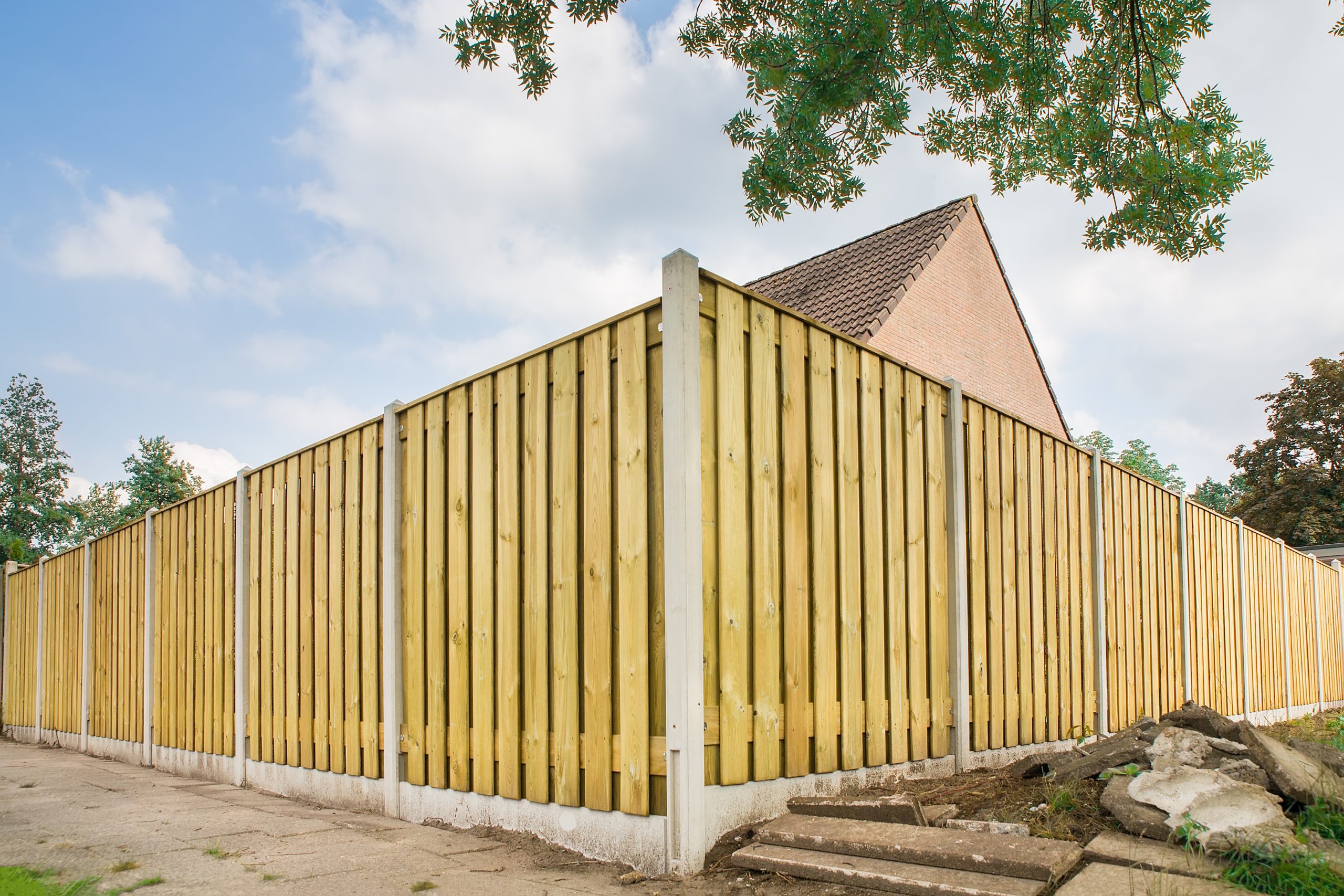All Categories
Featured
What Types of Fencing Materials Are Readily Available for Residential and Commercial Projects?
Fencing is a vital component in both industrial and property residential or commercial properties, using safety and security, privacy, and visual charm. With various fence products offered today, picking the right choice depends upon your specific needs, budget, and the purpose of the fencing. Right here's a summary of the most prominent fence materials and their benefits to assist you make an informed decision.- Wood Fence. Wood is just one of one of the most functional and traditional materials for fencing. Its all-natural appeal makes it a preferred option for residential tasks.
Benefits of Wood Fence:
Aesthetic Appeal: Offered in a selection of styles, consisting of picket, split rail, and privacy fences. Customizable: Can be painted or discolored to match your building's exterior. Cost: Wood fences are affordable, specifically for smaller sized projects. Factors to consider: Timber calls for normal maintenance to stop parasite, rot, and warping damage.
- Plastic Secure fencing. Plastic secure fencing has obtained appeal for its longevity and low-maintenance high qualities, making it excellent for both industrial and property properties.
Benefits of Plastic Secure Fencing:
Sturdiness: Resistant to rot, bugs, and severe climate condition. Reduced Maintenance: No paint or discoloration called for; a basic wash maintains it looking brand-new. Range of Layouts: Imitates the appearance of timber, readily available in numerous shades and styles. Considerations: Higher initial cost contrasted to timber, yet the durability commonly offsets this expenditure.
- Aluminum Fence. Aluminum is a light-weight yet solid material, commonly made use of for decorative or protection functions in both commercial and property settings.
Benefits of Light Weight Aluminum Fence:

Rust Resistance: Suitable for wet environments or areas near water. Adjustable Layouts: Offered in a variety of designs and colors. Reduced Upkeep: Calls for very little upkeep in time. Factors to consider: While not as durable as steel, it offers an excellent balance of resilience and design.
- Chain-Link Secure fencing. Chain-link fence is a sensible and affordable choice, often made use of in business residential properties, institutions, and industrial locations.
Benefits of Chain-Link Fencing:
Price: One of one of the most economical options for massive jobs. Toughness: Stands well to weather and hefty usage. Presence: Enables clear sightlines while giving security. Factors to consider: Offers minimal privacy and might not fit all aesthetic preferences.
- Wrought Iron Fence. Wrought iron is a classic material known for its strength and style, frequently utilized in upscale residential and business buildings.
Advantages of Wrought Iron Fence:
Longevity: Lasting and very long lasting with correct maintenance. Customized Layouts: Can be fabricated into intricate patterns for an extravagant appearance. Safety: Gives robust defense against intruders. Factors to consider: Requires routine upkeep to avoid corrosion and is typically more costly than various other materials.
- Compound Fencing. Composite fence incorporates wood fibers and plastic for a material that is both durable and appealing.
Advantages of Composite Fence:

Eco-Friendly: Often made from recycled materials. Reduced Maintenance: Resistant to rot, parasites, and weather condition damage. Aesthetic Versatility: Simulates the look of all-natural wood without the maintenance. Considerations: Higher in advance price compared to standard timber fencings.
- Steel Fence. Steel is a durable product that offers outstanding protection, making it a prominent option for business and commercial jobs.
Benefits of Steel Secure Fencing:
Strength: Offers premium durability and safety. Durability: Immune to severe climate conditions and effects. Modern Appearance: Can be powder-coated in various colors for a sleek look. Considerations: Higher price and weight contrasted to light weight aluminum or chain-link options.
- Bamboo Fencing. Bamboo fencing is an environment-friendly alternative, often made use of in properties for a natural, exotic look.
Benefits of Bamboo Fencing:
Sustainability: Bamboo is a sustainable resource. Aesthetic Charm: Gives a all-natural and unique look. Cost-efficient: Commonly more economical than timber or vinyl. Factors to consider: Finest suited for mild climates, as extreme weather can trigger damage.
Picking the Right Material. When picking fence products, consider these factors:
Function: Is the fence for personal privacy, safety and security, or looks? Budget: Some products, like chain-link or wood, are more affordable than premium options like wrought iron. Upkeep: Low-maintenance products like plastic or compound may conserve effort and time over time. Environment: Aspects like climate conditions and exposure to dampness can influence the long life of specific materials. Verdict. Whether you need fence for a cozy backyard or a vast commercial property, there's a product to fit your requirements. By choosing the right fence material, you can enhance the security, functionality, and visual allure of your property while staying within your budget plan.
Latest Posts
Discover the Perfect Carpeting for Your Home
Published Apr 21, 25
1 min read
Optimize Your Financial Savings with Love My Debt Union Rewards
Published Apr 21, 25
1 min read
Full Circle Strategic Marketing - Supercharge Your Business with High-Impact Online Growth Services
Published Apr 21, 25
2 min read
More
Latest Posts
Discover the Perfect Carpeting for Your Home
Published Apr 21, 25
1 min read
Optimize Your Financial Savings with Love My Debt Union Rewards
Published Apr 21, 25
1 min read
Full Circle Strategic Marketing - Supercharge Your Business with High-Impact Online Growth Services
Published Apr 21, 25
2 min read